Professional Water Treatment Chemicals Supplier
NIRAN Chemical provides effective water treatment chemicals and comprehensive solutions to tackle scale, water impurities, deposits of solids, bio-fouling, foam formation, corrosion, etc.
We’ll determine a specific treatment program based on the different types of wastewater you want to treat. Our chemicals are widely used in the following water treatment fields:
- Potable Water
- Industrial Water
- Wastewater
- Groundwater
- Reclaimed Water
- Rainwater & Surface Runoff
Water Treatment Chemicals
Water treatment chemicals purify water by removing contaminants,and are usually used in potable water treatment, wastewater treatment, and various industrial processes.
These chemicals include coagulants, which help in aggregating suspended particles; flocculants, which assist in forming larger particles for easier removal; disinfectants, such as chlorine and ozone, which kill harmful microorganisms; pH adjusters like acids and bases to balance water acidity; and corrosion inhibitors to protect infrastructure.
Featured Product
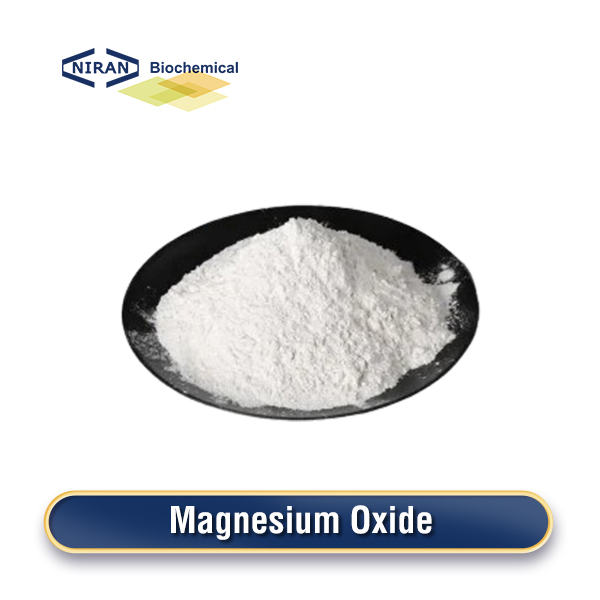
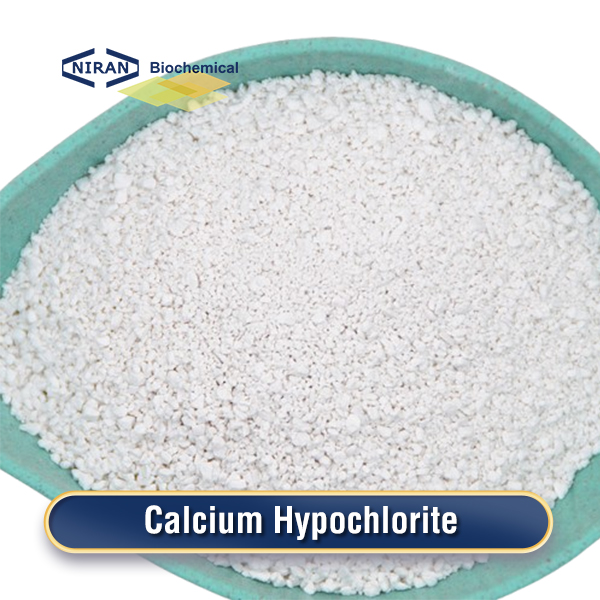
- As an oxidant and disinfectant in the water treatment process.
- Typically dosed at 1-3 mg/L for disinfection.
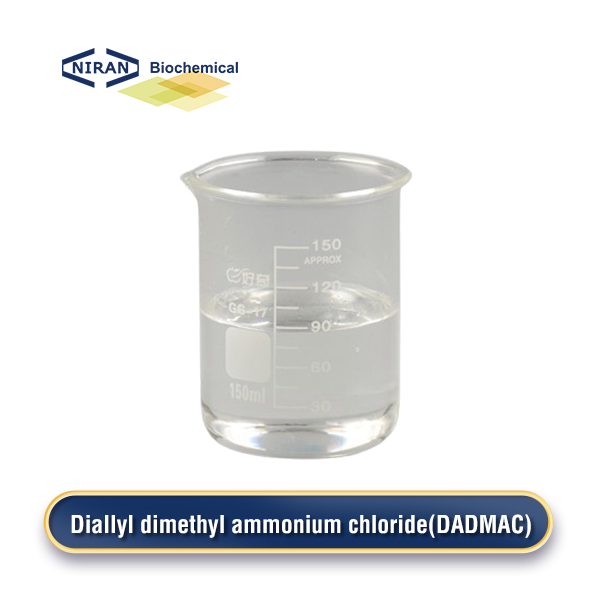
- Coagulant and flocculant remove particles, improving water quality.
- Usually dosed at 1-10 mg/L.
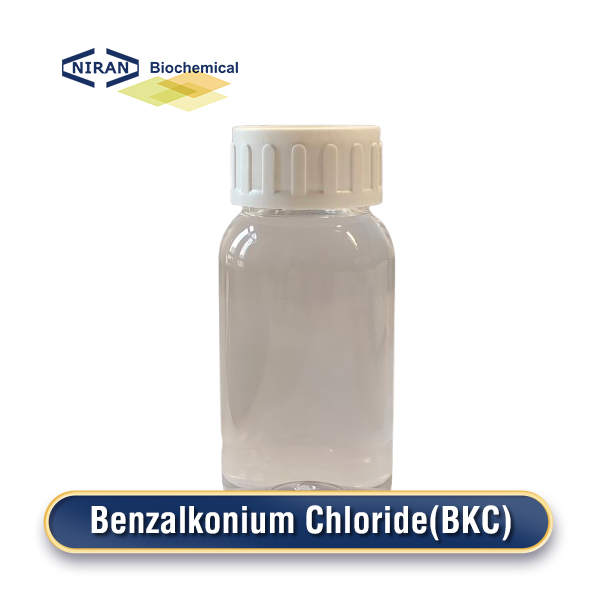
- As a disinfectant and algae control agent in water treatment.
- Typically dosed at 0.1-0.5 mg/L.
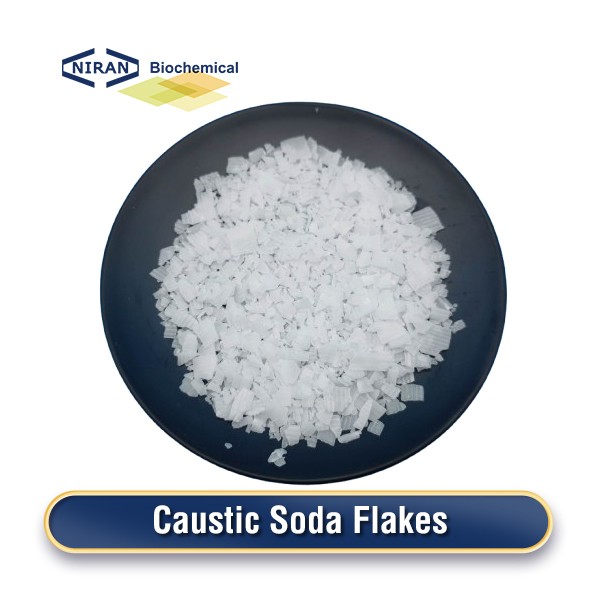
- Neutralize acidity, raise pH levels, and promote coagulation.
- Dosage typically at 5-50 mg/L.
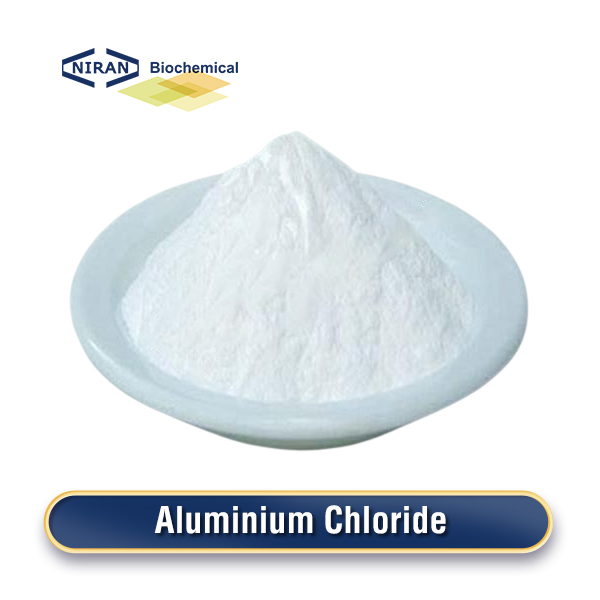
- As a coagulant to filter contaminants out of water.
- Typically dosed at 10-50 mg/L.
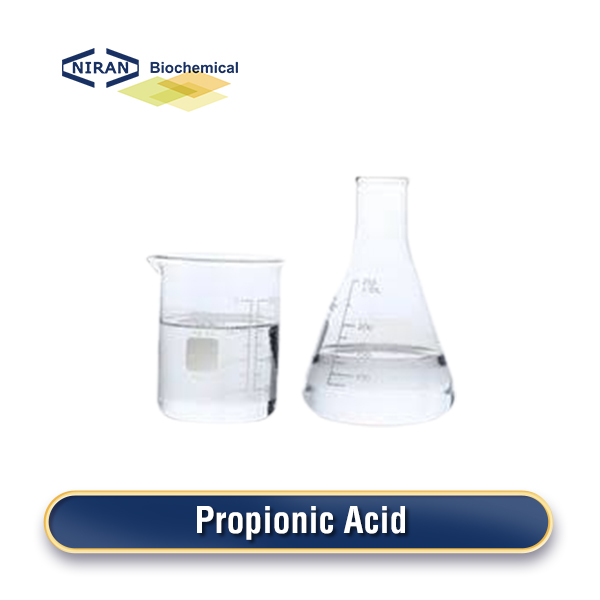
- As a biocide and corrosion inhibitor in water treatment.
- Typically dosed at 10-100 mg/L.
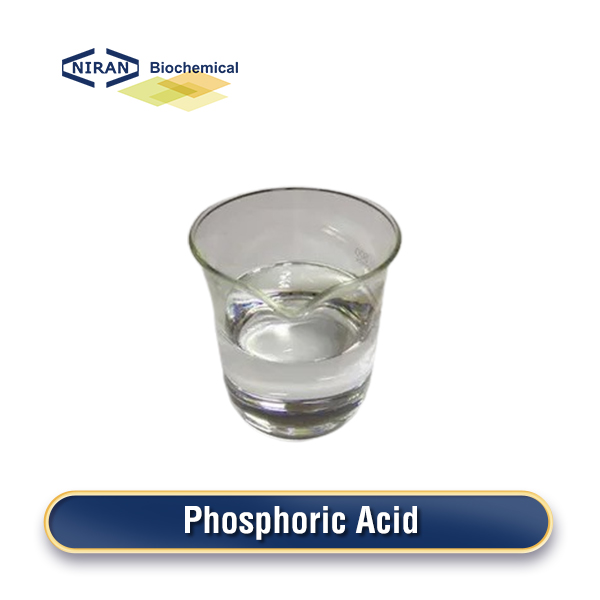
- Adjusts pH levels and prevents scaling in water treatment.
- Typically dosed at 10-50 mg/L.
Function of Water Treatment Chemicals
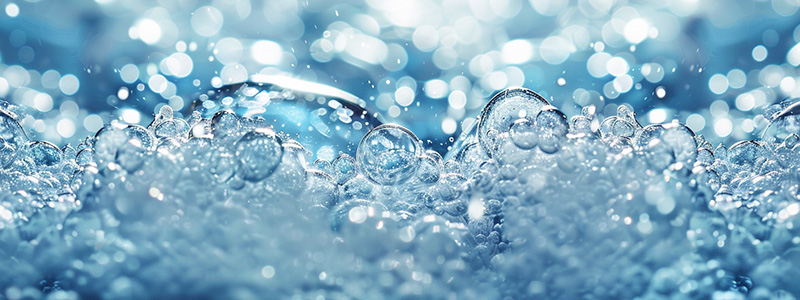
The types of water treatment chemicals are various,
by utilizing these chemicals, water quality can be effectively managed.
Here are the primary functions:
Coagulants & Flocculants
- Coagulants:Aluminum sulfate and ferric chloride neutralize charges, aggregating suspended particles.
- Flocculants: Polymers like polyacrylamide bind coagulated particles into removable clumps (flocs).
Disinfectants & Oxidizers
- Chlorine: Commonly used for killing bacteria, viruses, and other pathogens.
- Ozone: A strong oxidizer that disinfects water without leaving harmful residues.
- Chloramine: Secondary disinfectant for long-lasting microbial protection.
pH Adjusters
- Acids: Such as sulfuric acid or hydrochloric acid, are used to lower the pH of water.
- Bases:Sodium hydroxide or lime raise water pH for treatment.
Corrosion Inhibitors
- Orthophosphates and silicates form protective layers, preventing corrosion and metal leaching into water.
Scale Inhibitors
- Polyphosphates and antiscalants prevent mineral scale formation, improving pipe flow and heat exchanger efficiency.
Chelating Agents
- Copper sulfate and other algaecides are used to control the growth of algae in water bodies and treatment systems.
Algaecides
- Copper sulfate and other algaecides are used to control the growth of algae in water bodies and treatment systems.
Defoamers
- Chemicals like silicone-based compounds are used to reduce or eliminate foam in water treatment processes.
Activated Carbon
- Used to adsorb organic compounds, chlorine, and other impurities, improving taste, odor, and overall water quality.
Application
Water treatment chemicals have various applications to ensure water quality. Here are some key applications:
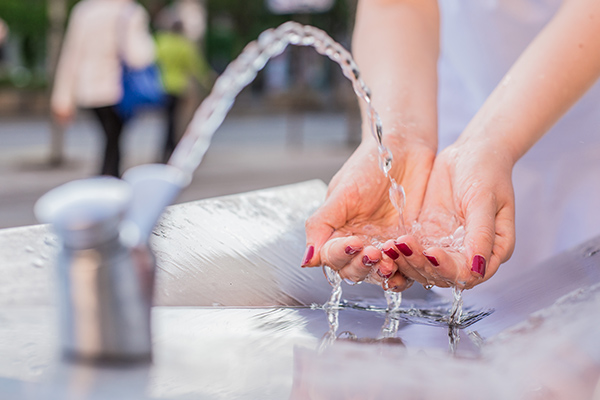
Drinking Water Supply
- Ensuring clean, safe water for consumption by purifying and disinfecting water sources.

Agriculture
- Irrigation systems and the regulation of agricultural and livestock water quality depend on water treatment.

Food and Beverage
- Used to purify water for processing, cleaning, and product formulation, maintaining hygiene and quality.
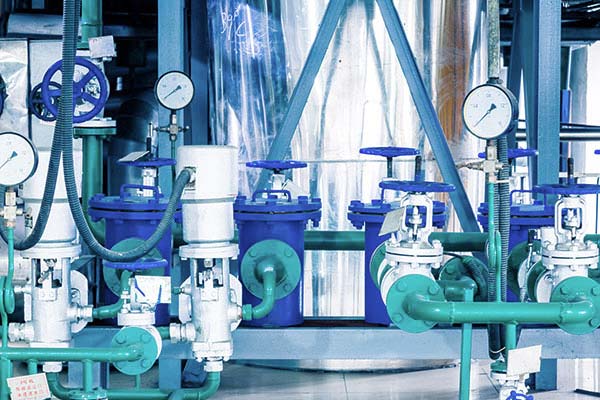
Manufacturing
- Industries like paper, textiles, and chemicals use treated water for cooling, production, and cleaning purposes.

Power Generation
- Power plants treat water for boilers, cooling towers, and steam production to prevent scaling and corrosion.
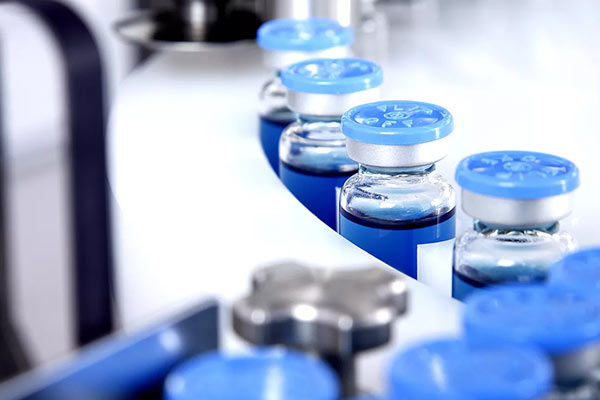
Pharmaceuticals
- Water treatment guarantees sterile, high-quality water for laboratory and pharmaceutical production procedures.

Mining
- Used to manage wastewater, treat minerals, and suppress dust in order to comply with environmental regulations.

Swimming Pools and Aquariums
- Regular treatment of water helps to maintain hygiene, clarity, and safety for recreational use.
GET FREE SAMPLES
FAQs
1.What are water treatment chemicals?
They are substances used to remove contaminants from water, ensuring it is safe for drinking, industrial processes, and other applications. These chemicals can disinfect, coagulate, adjust pH, inhibit corrosion, and remove impurities.
2.Can water treatment chemicals be harmful?
When used correctly and in appropriate concentrations, water treatment chemicals are safe and effective. However, improper use or excessive application can negatively impact health and the environment.
3.How are water treatment chemicals stored and handled safely?
Water treatment chemicals should be stored in a cool, dry area, protected from direct sunlight and kept away from incompatible substances.
4.How can I determine which water treatment chemicals to use?
The choice of water treatment chemicals depends on the specific water quality issues and the intended use of the treated water. Consulting with water treatment professionals and conducting water quality tests are essential steps in selecting the appropriate chemicals.
